The Sacree program aims at improving the daily lives of autistic people by promoting the inclusive practice of sport activities. Running for 36 months (June 2022 to June 2025), the project is funded by the European Commission’s Erasmus+ Sport Program.
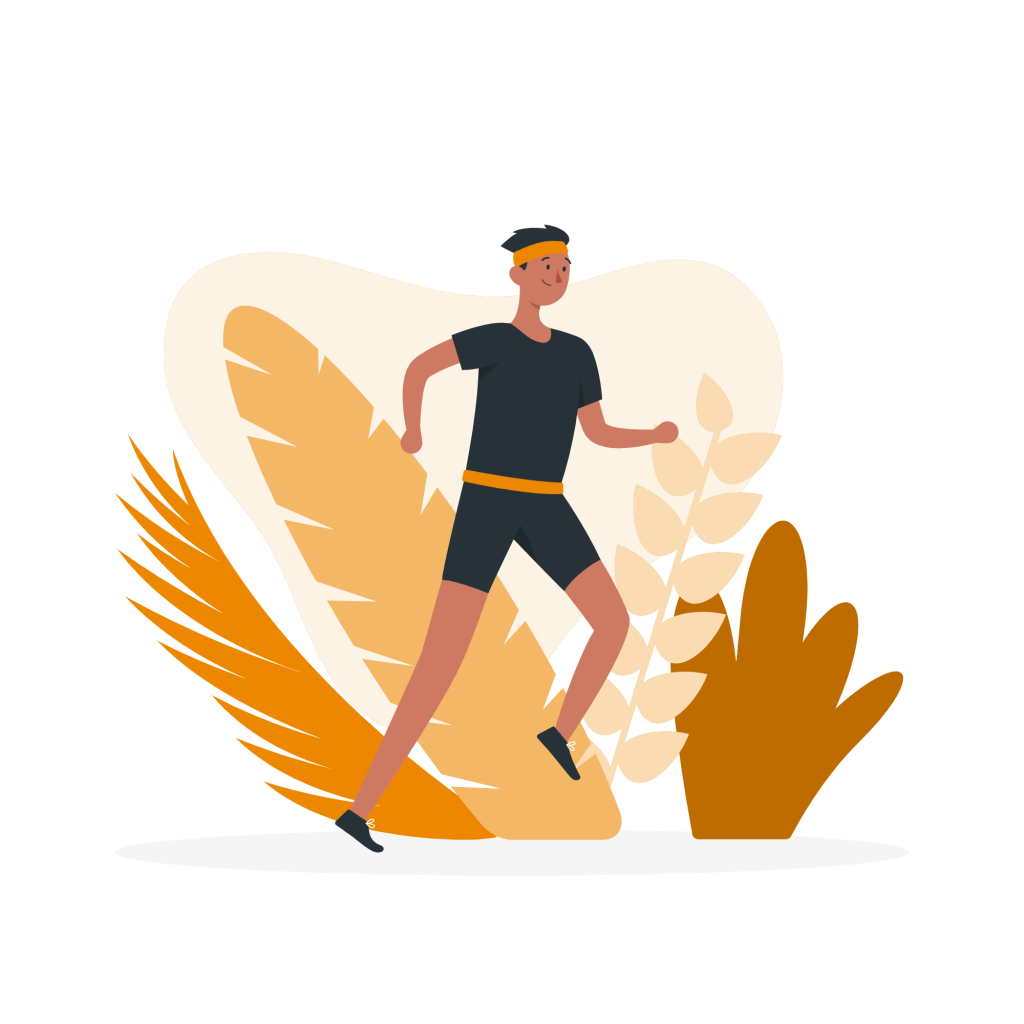
A few recent studies have looked into the impact of sport on autistic people. However, these studies targeted local practitioners and used small samples that might not reflect a common reality for people on the autism spectrum across Europe. Similarly, former EU projects dedicated to support people with disabilities through sports activities only targeted very specific sports, disabilities in general, or physical disabilities. Therefore, both the research on the impact of sport on autistic people, as well as concrete access to sport across Europe for autistic people need to be improved.
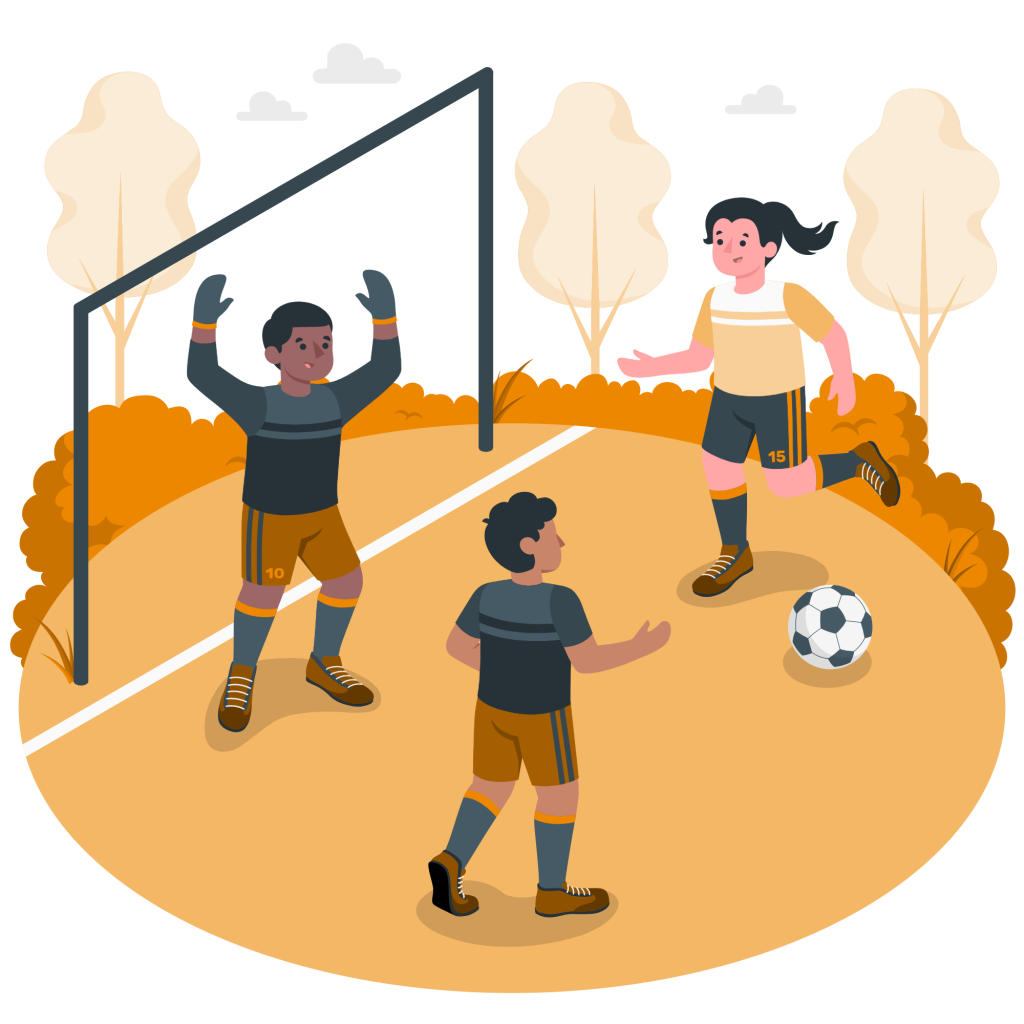
Sacree targets a better integration of autistic people in sport activities and the society in general, by fostering their access to physical activity, adapted to their needs through sustainable solutions. The project will contribute to creating an inclusive ecosystem that can be replicated everywhere in Europe. It also aims to raise awareness among European sport clubs, their staff and practitioners, as well as other professionals, researchers and involved stakeholders. By bringing together actors from the world of autism, sport, and science, Sacree project intends to co-construct an evidence-based pedagogical model, built on a scientific comparative study and field-tests carried out in different environments and countries.
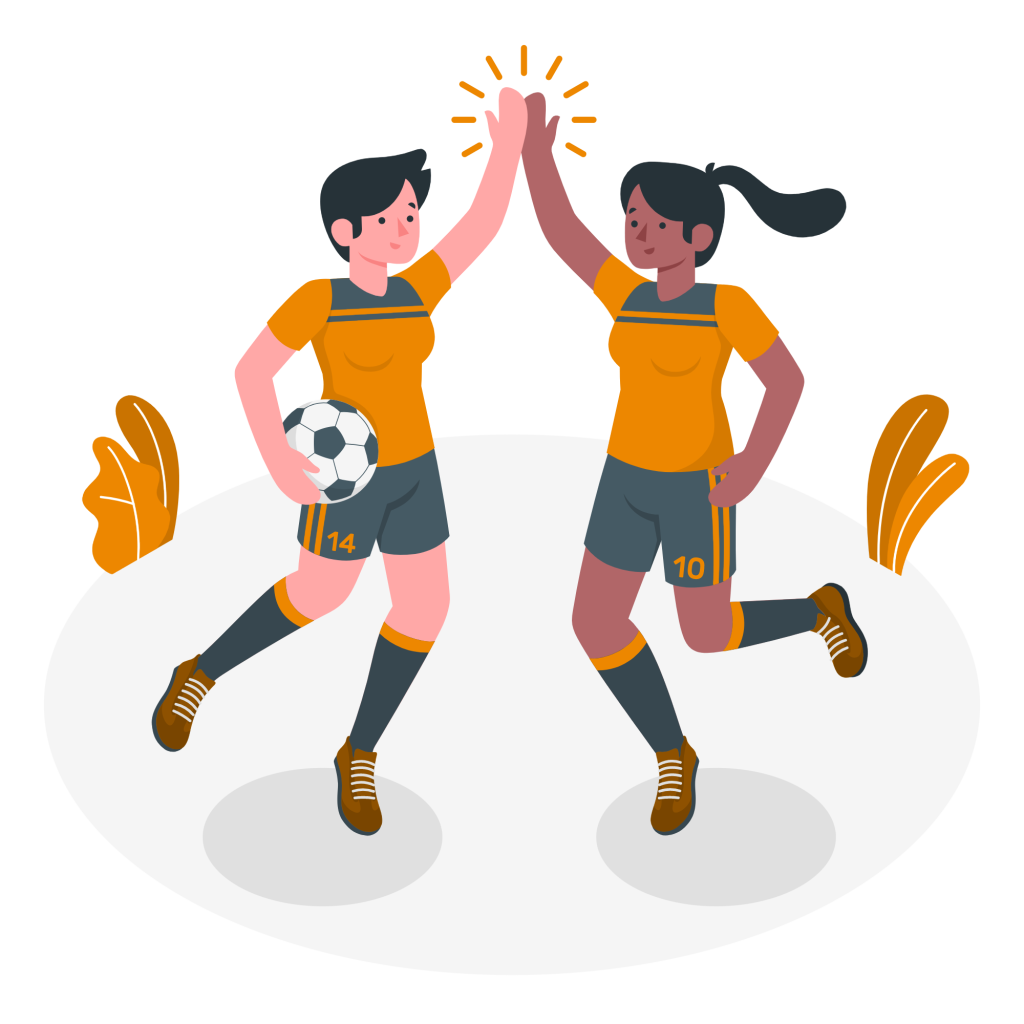
The main objective of Sacree project is to contribute to the recognition of sport as a tool for the integration and inclusion of autistic people and to foster European knowledge on sport and autism. Beyond increasing the quality of life of autistic people as well as their families, friends, and relatives, Sacree project will open new horizons to EU stakeholders and EU policy-makers for future actions to promote a more inclusive and diverse society.
A few recent studies have looked into the impact of sport on autistic people. However, these studies targeted local practitioners and used small samples that might not reflect a common reality for people on the autism spectrum across Europe. Similarly, former EU projects dedicated to support people with disabilities through sports activities only targeted very specific sports, disabilities in general, or physical disabilities. Therefore, both the research on the impact of sport on autistic people, as well as concrete access to sport across Europe for autistic people need to be improved.


Sacree targets a better integration of autistic people in sport activities and the society in general, by fostering their access to physical activity, adapted to their needs through sustainable solutions. The project will contribute to creating an inclusive ecosystem that can be replicated everywhere in Europe. It also aims to raise awareness among European sport clubs, their staff and practitioners, as well as other professionals, researchers and involved stakeholders. By bringing together actors from the world of autism, sport, and science, Sacree project intends to co-construct an evidence-based pedagogical model, built on a scientific comparative study and field-tests carried out in different environments and countries.
The main objective of Sacree project is to contribute to the recognition of sport as a tool for the integration and inclusion of autistic people and to foster European knowledge on sport and autism. Beyond increasing the quality of life of autistic people as well as their families, friends, and relatives, Sacree project will open new horizons to EU stakeholders and EU policy-makers for future actions to promote a more inclusive and diverse society.
To meet Sacree overall objectives as efficiently as possible, partners have worked together to create a wide and innovative network, with 3 core characteristics: transnational, transdisciplinary and cross-sectorial.
5 European Union countries (Belgium, France, Italy, Portugal, and Croatia) are targeted, with different contexts regarding the inclusion of people with disabilities.
Sacree project addresses topics in sports, autism, social sciences and health.
Sacree groups it’s one National Sport Federation (FSASPTT), one international association (Autism-Europe), one historical football club (SS Romulea SSD arl), one University (C3S), one union of associations for autism (CUAA), and one national association (Inovar Autismo).
This pool of partners is dedicated to the exchange of good practices, the analysis of success factors and shortcomings of different field tests, as well as the understanding of how target groups are benefiting from the results, to increase the impact and transferability of the results.
Autism-Europe leads the dissemination and sustainability of the project and facilitates the exchange of information and best practices across Europe.
It has been proved that sporting activities have a positive impact in the development of the physical and social skills of autistic people, but also by practising sports in inclusive groups (formed by both autistic and neurotypical persons). Sacree project will contribute to the recognition of sport as an inclusion tool for autistic people, as well as a part of innovative pedagogical models to improve the life and the skills of autistic people. Their families, friends and relatives will also be touched by the project, as it aims to develop autistic people’s social and physical skills, as much as their daily lives and their autonomy.
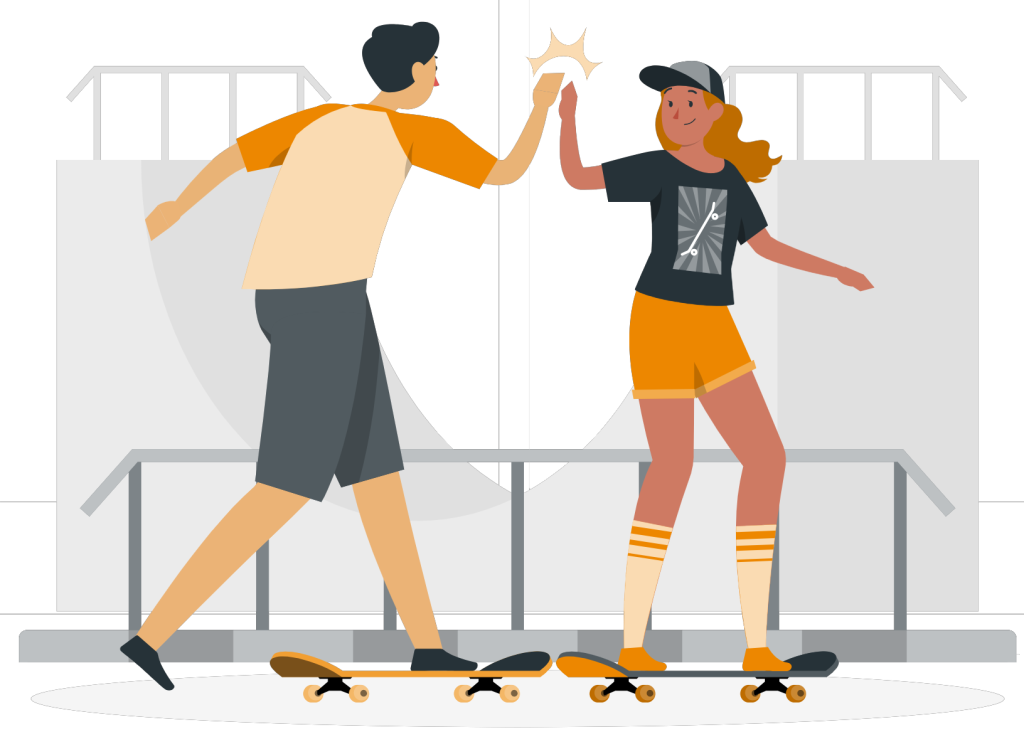
More than the progress that will income thanks to the practice, this project will facilitate access for autistic people to sport thanks to the creation of new programmes, based on the Sacree model. This will also help their relatives that can be in trouble to find structures for sport practice for autistic people.
The autistic people will be able to have a regular practice of different sports with special trained educators in inclusion with non-autistic people. It is an opportunity for autistic people to gain specific skills or improve their relation to others, finding a new way to communicate and progress in the development of their interrelationship skills/ abilities.
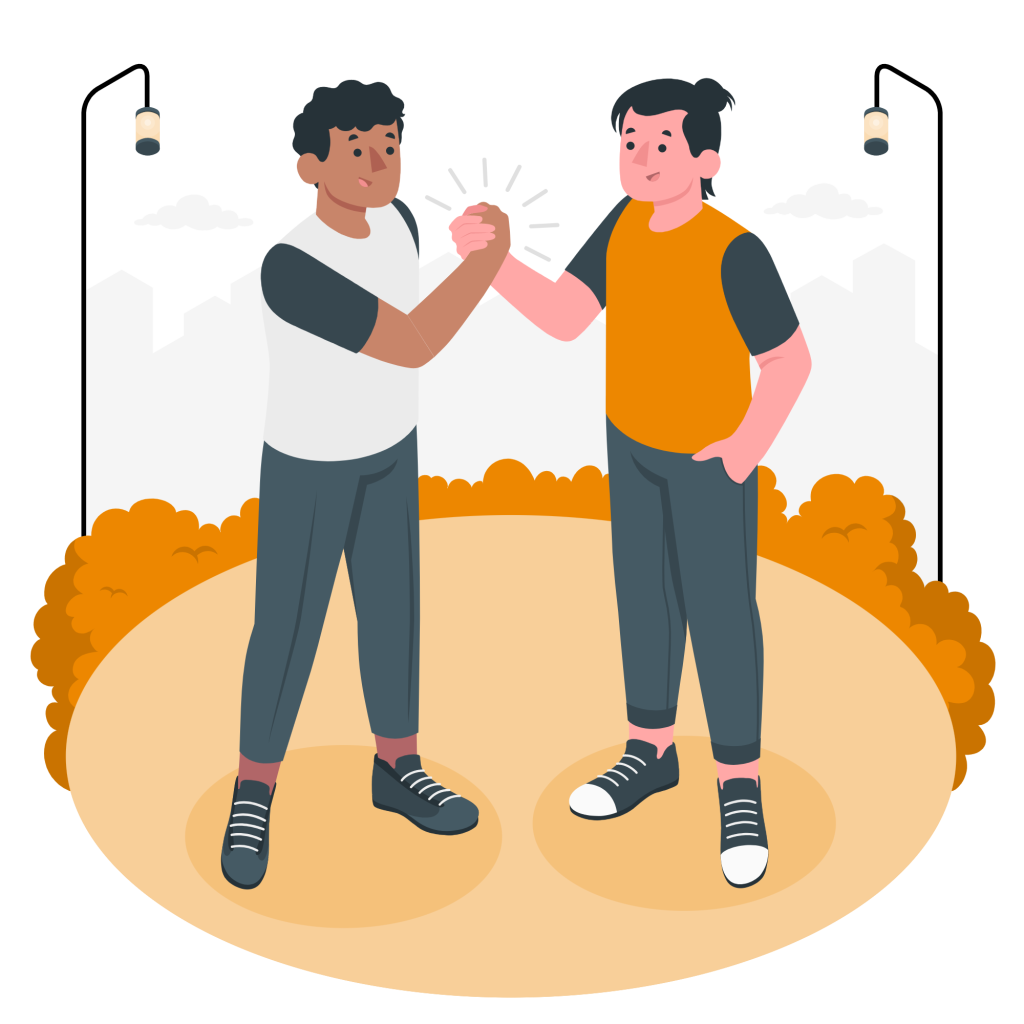
The project will allow the caregivers, i.e., the families, friends, and relatives, to have other activities during these sports sessions, or to share new sportive activities with the autistic people.
The model will allow every autistic association to create a sports program / sport activities for autistic people and every sport association to organize sport activities either dedicated to autistic people, or inclusive activity, including autistic people to already existing activities.
It has been proved that sporting activities have a positive impact in the development of the physical and social skills of autistic people, but also by practising sports in inclusive groups (formed by both autistic and neurotypical persons). Sacree project will contribute to the recognition of sport as an inclusion tool for autistic people, as well as a part of innovative pedagogical models to improve the life and the skills of autistic people. Their families, friends and relatives will also be touched by the project, as it aims to develop autistic people’s social and physical skills, as much as their daily lives and their autonomy.


More than the progress that will income thanks to the practice, this project will facilitate access for autistic people to sport thanks to the creation of new programmes, based on the Sacree model. This will also help their relatives that can be in trouble to find structures for sport practice for autistic people.
The autistic people will be able to have a regular practice of different sports with special trained educators in inclusion with non-autistic people. It is an opportunity for autistic people to gain specific skills or improve their relation to others, finding a new way to communicate and progress in the development of their interrelationship skills/ abilities.
The project will allow the caregivers, i.e., the families, friends, and relatives, to have other activities during these sports sessions, or to share new sportive activities with the autistic people.
The model will allow every autistic association to create a sports program / sport activities for autistic people and every sport association to organize sport activities either dedicated to autistic people, or inclusive activity, including autistic people to already existing activities.
This work is licensed under a Creative Commons Attribution – NonCommercial – ShareAlike 4.0 International License.
© 2023 – All right reserved – website created by Alexandre Vincent

Disclaimer: Funded by the European Union. Views and opinions expressed are however those of the author(s) only and do not necessarily reflect those of the European Union or the European Education and Culture Executive Agency (EACEA). Neither the European Union nor the granting authority can be held responsible for them.